The Coalition of the Willing to do What?
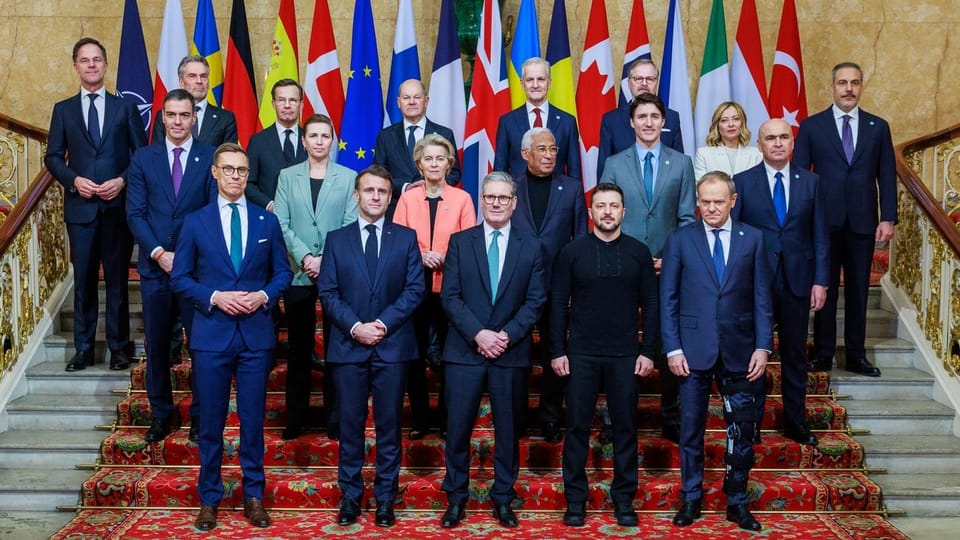
Eleven weeks ago a “coalition of the willing” gathered together to discuss what they were willing to do. Highlights of their progress so far:
Macron had to remind his colleagues that sovereign countries do not need Putin’s permission to deploy troops in Ukraine.
Poland opposed deploying troops anyway.
Merz said Taurus was on the table, then took it off.
A decision was made to issue a ceasefire ultimatum, but then a decision was made not to enforce it. This was maybe due to nobody having a plan to enforce it, which raises questions about the wisdom of issuing it.
Trump, perhaps worried that Europeans would steal his Nobel Peace Prize, torpedoed their plan and backed a different idea, which didn’t work, so he denied backing it. His position is now “nothing's going to happen until Putin and I get together”. This sounds a bit too much like 1938, you might say.
Merz says frozen assets will be used “if” that’s legal. But we have known it’s legal for a very long time. Why couldn’t he just say the assets will be used, without the “if”?
Putin was threatened with “crippling” sanctions, which later became a threat to initiate preparations of crippling sanctions, which subsequently turned into an ordinary round of sanctions that are just as crippling as being poked with soft cushions in a Monty Python sketch.
While I obviously wish them all the success in the world, I am wondering why is it so hard to find evidence that the coalition of the willing is actually willing to do anything meaningful, let alone gamechanging.
For example, we have heard a lot about the thousand ships of Russia’s so-called shadow fleet. And after months of negotiations, Europe has managed to agree on sanctioning fewer than 200. Add that to the 100 previously sanctioned and we are fast approaching 300! Out of a thousand.
That means 700 ships are still sailing from St. Petersburg to wherever—carrying Russian oil and bringing back yuan, rupees, or whatever currency their buyers use. And that means Russian coffers are still being filled with money.
So… next time we tell Putin to “prepare to be crippled,” it’s entirely possible that he will cripple himself with laughter.
Putin understands how EU rules (don’t) work, and guys—he’s not exactly trembling.
We can’t even make serious progress on Ukraine’s EU accession. In fact, we are going backwards. The EU will reintroduce pre-war tariffs on Ukraine starting June 6. This decision will cost Ukrainians more than €3 billion. At the same time, high-ranking officials travel to Ukraine to announce a €1 billion support package. This makes less than no sense.
In summary: Although we heard a lot of words and read a lot of announcements since JD Vance attacked Europe in Munich, there are no troops, almost no weapons, no frozen assets, no air defence, no crippling sanctions, no accession, new tariffs, and no Taurus.
So what is actually going on? I am concerned that the answer is “nothing”.
Or maybe it’s even worse than that. Maybe that is the plan. Maybe nobody is “willing” to do anything more than talk about being willing.
We can at least say that everything that has happened since the Munich Security Conference looks exactly like the procrastination one would expect from a Europe that has given up on the idea of defending Ukraine and agreed to reallocate resources to the production of press releases that sound like progress without actually committing to any progress.
Meanwhile, when you look at the statistics of actual support delivered, per capita and even in absolute numbers, the Nordic-Baltic region stands out. Some countries are willing to actually get on with it. They might not always attract the most headlines, but they are making the decisions that need to be made.
For those struggling to find a way to live up to their promises to stand with Ukraine, I have a question: Have you tried actually standing with Ukraine?
Have you said thank you once?
If you appreciated this article and you would like to support my work, join Friends of Democracy today!
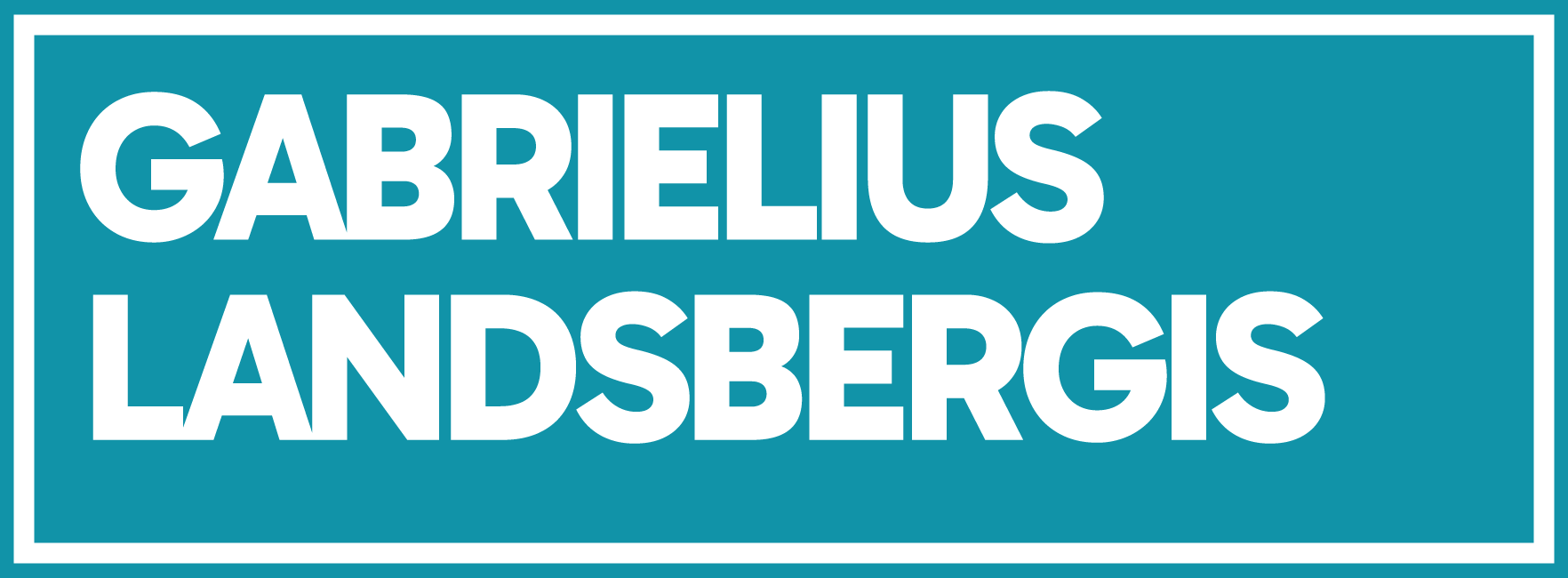
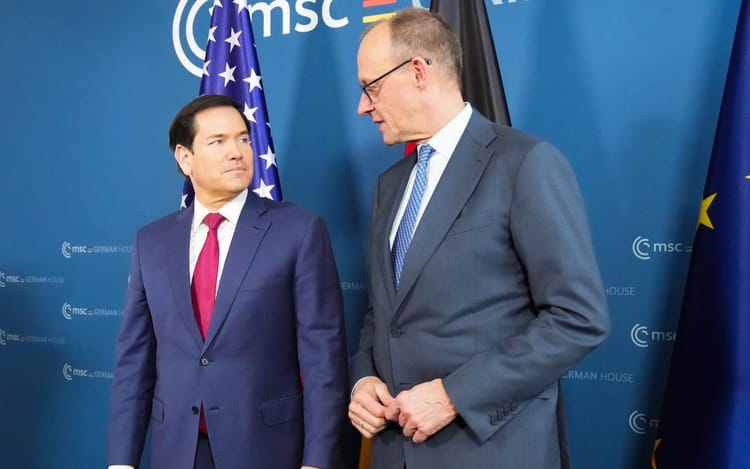
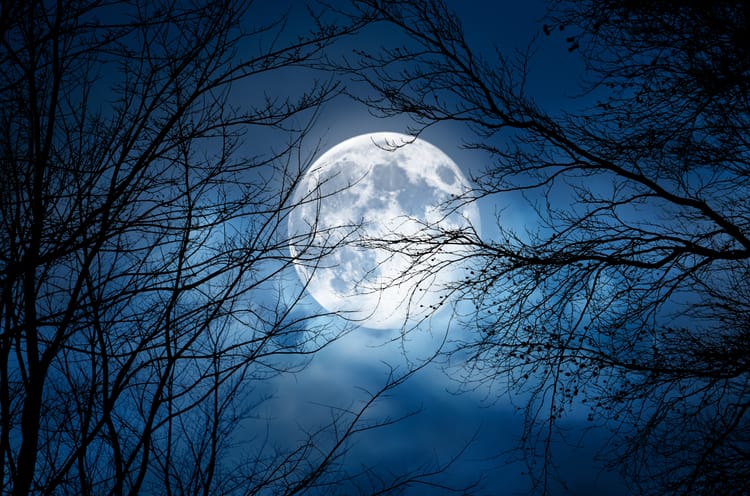
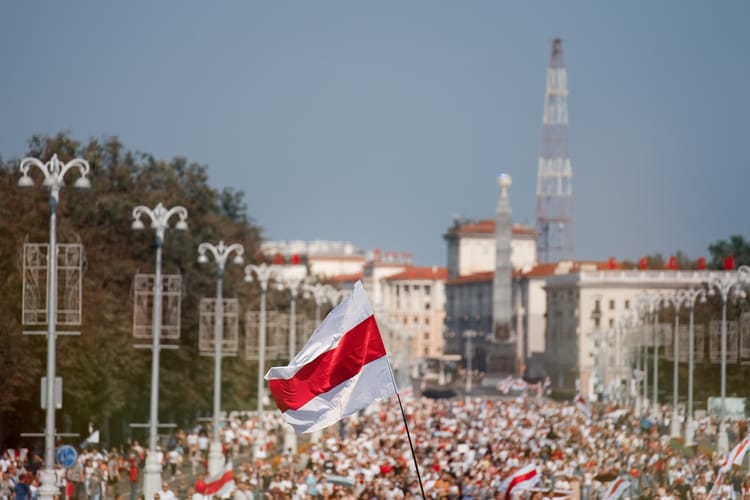
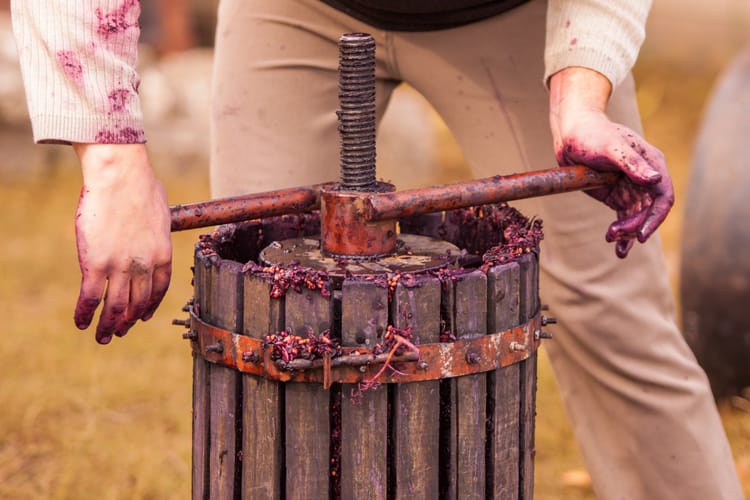
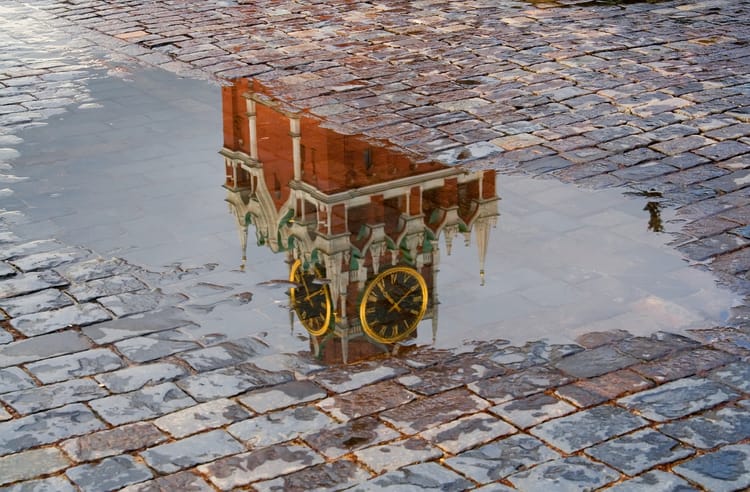
Member discussion